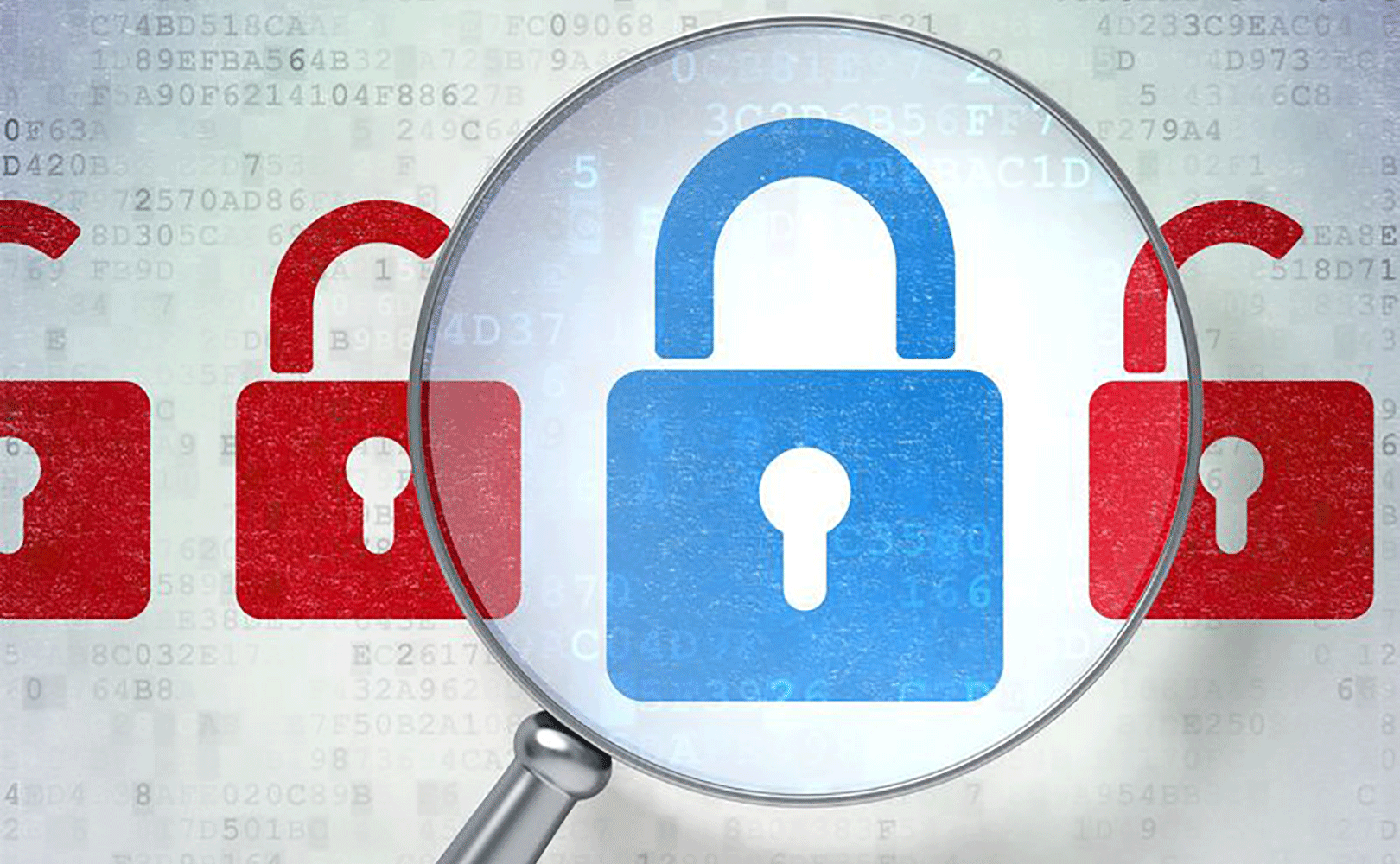The data breach at Equifax, which exposed at least 143 million people’s financial data, is a symptom of the Age of Accelerations. Accelerations in globalization and technology are enabling thieves to be ever more sophisticated in their crimes. If even a company where data security should be paramount can be compromised, how are far less sophisticated consumers to protect themselves? Until the system changes, it is on us to protect ourselves.
One thing this breach made me realize is that the system is antiquated and doesn’t work well in today’s world. Why should a consumer’s most sensitive financial information be easily accessible for any and all creditors to view at a moment’s notice and without the knowledge of the consumer? This systemic weakness along with the fact that information like social security numbers were exposed, led me to realize that drastic action is required to protect oneself. I recommended to clients that they put credit freezes at all major credit agencies (and maybe even the minor ones, Innovis and ChexSystems). This process is more cumbersome and comes with a small cost (typically $10), but it’s much easier to thaw your credit before you apply for a loan than it is to recover from identity theft. Using a credit monitoring service or downloading your free annual credit report is helpful, but insufficient in this day and age.
Vigilance is key in the Age of Accelerations. Criminals will use technology and globalization to their advantage. Even with a credit freeze in place, checking your credit record regularly should be a part of your financial regime. Either use a credit monitoring service like LifeLock or download a free credit report from annualcreditreport.com. I recommend downloading one from a different agency every 4 months for more consistent monitoring throughout the year. Another form of vigilance includes filing your tax return as early as possible. Tax fraud is on the rise and with 143 million social security numbers in the hands of criminals, it’s likely to increase.
A final form of vigilance is being skeptical of any unexpected emails, even from a known source, especially if they contain a link or attachment. I recently received such an email from someone I know. When I responded to his emailed attachment (I didn’t open it) asking if his email was legitimate, I received a response from him that it was. However, when I forwarded his email to someone else I knew in the organization, they said he had been hacked and to not open it. So, proceed with caution with unexpected emails, even from a known person.
A bit of vigilance and a proactive approach to protecting your personal data should reduce the odds that you’ll be a victim of financial fraud or identity theft.

